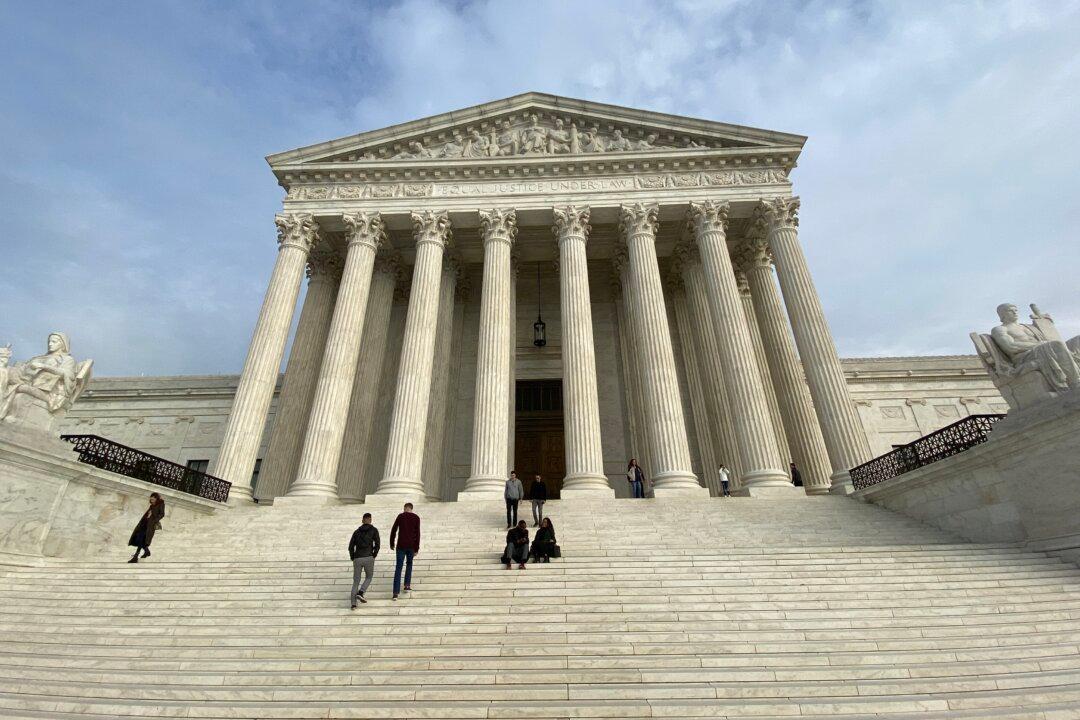Lawyers for victims and their family members whose property was taken in Nazi-era Germany and Hungary told the Supreme Court on Dec. 7 that they should be allowed to pursue lawsuits seeking compensation from the foreign governments in the courts of the United States.
The Trump administration opposes that legal stance, arguing that the claims for damages should be pursued overseas and that letting the litigation proceed in the United States threatens to entangle the judiciary in sensitive foreign policy questions best left to the executive branch.





